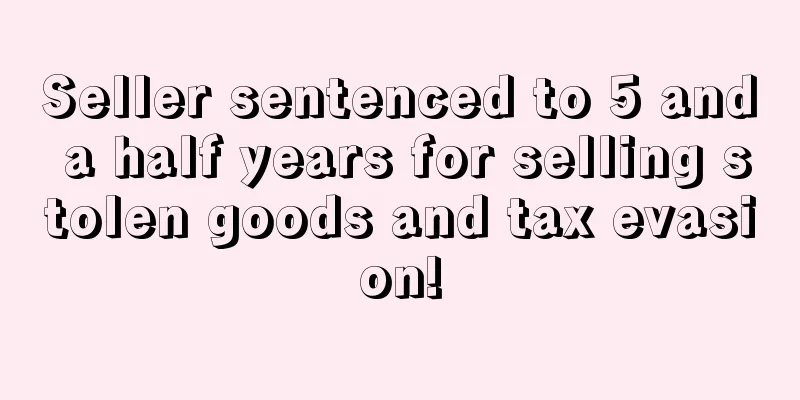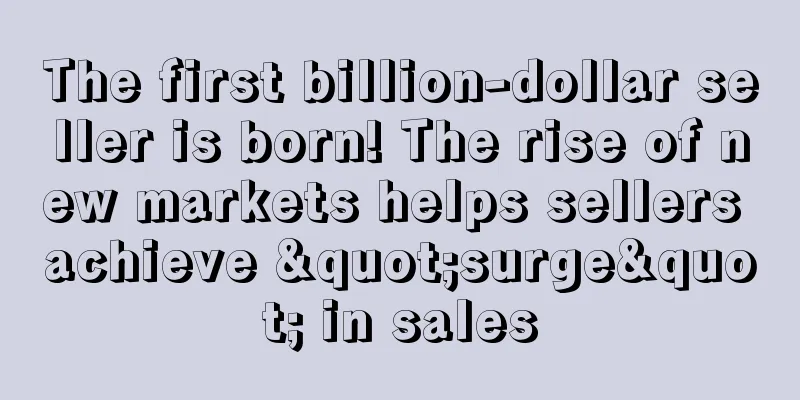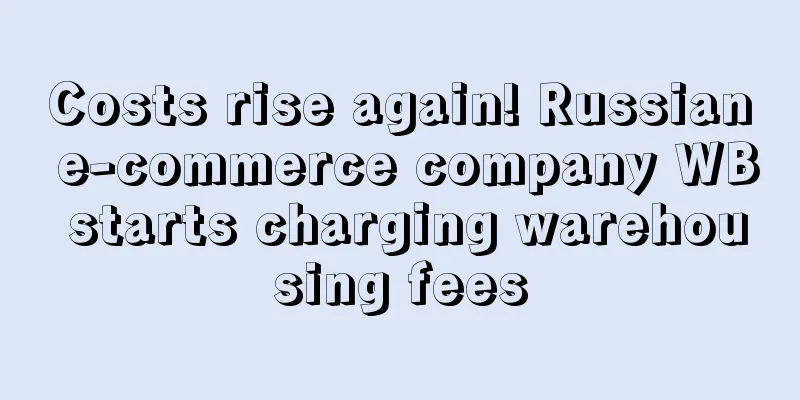Seller sentenced to 5 and a half years for selling stolen goods and tax evasion!

|
With the prosperity of e-commerce and the increasingly fierce market competition, there is no shortage of opportunists who want to take advantage of the opportunity to make a fortune. Recently, foreign media reported a case of someone being caught violating the rules.
The seller, who primarily sold on eBay, was sentenced to five and a half years in prison after a 10-year trial for selling stolen goods and evading taxes, according to the U.S. Department of Justice .
Since it is stolen goods being sold, there must be a fixed channel. In this regard, the seller has two accomplices, namely employees of a public school and FedEx.
The seller purchased $1 million worth of the products for $800,000 from a public school accomplice who oversaw a program to provide devices to underprivileged Native American school children.
The same approach was used by a FedEx employee who received most of the loot from goods shipped through FedEx, including products from Walmart distribution centers. Sellers bought these products at a 50% discount and then sold them on eBay.
The two accomplices made money by stealing products, and the sellers made a profit through the difference in the price of the stolen goods. This "mutually beneficial" relationship lasted for ten years.
In addition, the seller also had an accomplice who was a college friend, who sold through his friend's eBay account to earn commissions of about $10,000 a year. The three accomplices have now admitted their crimes and are awaiting final sentencing.
Having hidden the truth for 10 years, he eventually ended up in jail. Sellers should not take risks for the sake of temporary gain.
Cases of being arrested and imprisoned for illegal operations are not uncommon. For example, a previous seller was sentenced to 22 years in prison for selling fake batteries. However, with the mentality of "riches and honors are sought in danger", despite lessons learned, this kind of thing continues to happen despite repeated bans.
Among all kinds of illegal operations, selling counterfeit goods can be said to be low-cost and high-profit. There are counterfeit goods everywhere in China, and some sellers want to expand this business opportunity to overseas markets. It is also common for counterfeit products to be seized by customs, such as the counterfeit brand worth tens of millions some time ago and the recent counterfeit championship ring. Sellers who want to make a profit from this should be cautious.
Regardless of the category, sellers must be alert to this. In addition to some policies that are expressly prohibited by the platform, they must also abide by the ethics of being responsible to consumers. Only by operating in compliance can they go long-term. tax evasion Caught Compliance management |
<<: The holiday shopping season is coming! A guide for merchants posting on Instagram
>>: Amazon updates its return policy during peak season, and consumers can get free stuff again...
Recommend
What is Sfanair? Sfanair Review, Features
Sfanair (Guangdong Sfanair Cross-border Supply Cha...
Amazon's return policy is a weapon for free shopping? "Buyer" was arrested for defrauding $300,000
Amazon’s return policy has always been criticized...
With 4.76 million monthly visits, Temu has won its first battle in this blue ocean market
At the end of August last year, two days after th...
What is Wanquan Cloud E-commerce? Wanquan Cloud E-commerce Review, Features
Wanquanyun E-commerce, namely Xiamen Qimeng Networ...
Logistics costs are about to rise sharply! Amazon has issued new regulations...
Previously, the United States issued an announcem...
The "Ice and Snow Economy" continues to heat up, and sports products are very popular on the cross-border platform SHEIN
In the winter of 2024 in the northern hemisphere ...
With nearly 220,000 likes, this "top" brand sold 3.5 million on TikTok in half a year
As an important fashion item, wigs are very popul...
Orders are placed as soon as the product is put on the shelves! Cross-border sellers begin to flock to SHEIN
A group of sensitive sellers have already started...
What is Octopus Amazon Off-site Promotion? Octopus Amazon Off-site Promotion Review, Features
Octopus Amazon off-site promotion mainly provides ...
What is Qiliang Technology? Qiliang Technology Review, Features
Qiliang Technology is responsible for providing in...
Is the seller easy to bully? The buyer's malicious claim was rejected but he still asked for a refund
The issue of returns and exchanges has always bee...
Shopify will release its second quarter financial report, and its performance may exceed expectations
Canadian e-commerce giant Shopify will release it...
What is sstrke? sstrke Review, Features
sstrke mainly deals in footwear products, includin...
After defrauding more than 1,000 people, the agency operating company was wiped out!
When it comes to the term "agent operation&q...
Affected by the epidemic and the situation between Russia and Ukraine, Russian local e-commerce has developed rapidly
Due to the impact of the epidemic, Russia's e...









